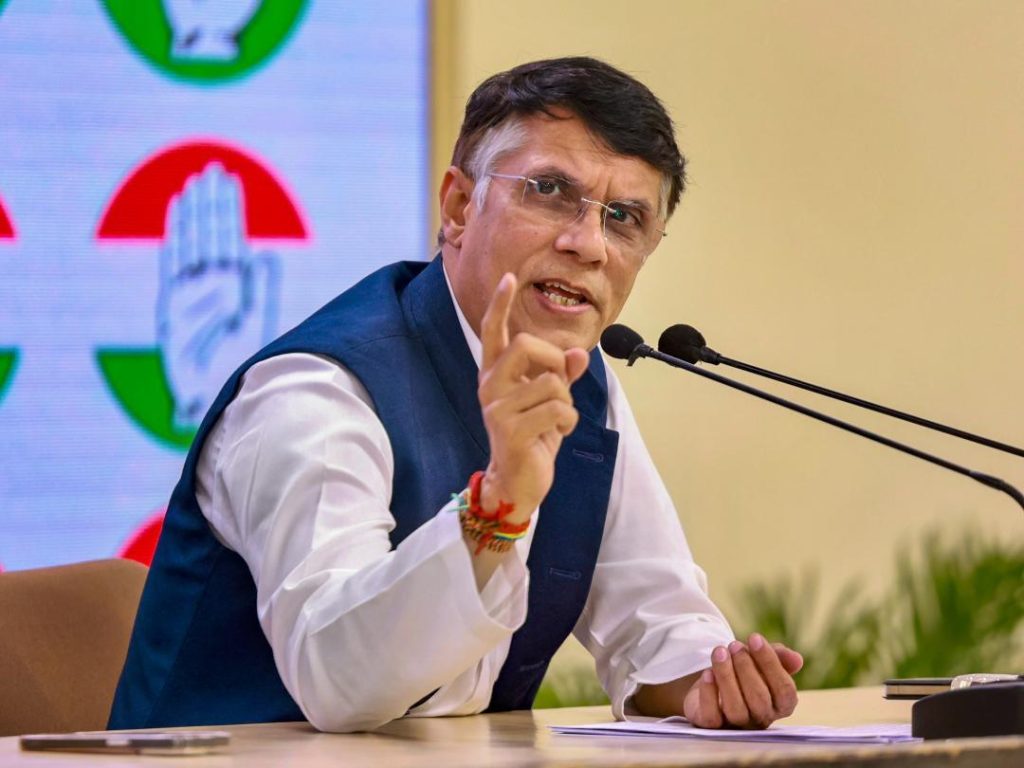
Title: Israel Shares Map Showing J&K in Pakistan, Apologises Later
In a recent incident that has sparked controversy and raised eyebrows, the Israel Defense Forces (IDF) shared a map on social media that showed Jammu and Kashmir (J&K) as a part of Pakistan. The map, which was shared by the IDF’s official Twitter handle, has been met with widespread criticism and outrage, particularly from the Indian government and opposition parties.
The map in question is a static illustration that appears to show J&K as part of Pakistan, rather than the Indian Union Territory (UT) that it is. The illustration, which was shared on May 21, 2022, showed the disputed region of Kashmir divided between India and Pakistan, with J&K appearing as part of Pakistan’s territory.
The incident has sparked a heated debate, with many questioning the motives behind the IDF’s actions. The controversy has also led to a strong reaction from the Indian government, with Congress leader Pawan Khera taking to Twitter to express his outrage. In a scathing tweet, Khera targeted Prime Minister Narendra Modi, saying, “Another day, another feather in Vishwaguru’s cap. His ‘friend’ shows J&K as a part of Pakistan.”
Khera’s tweet has been widely shared and has sparked a lively debate on social media, with many questioning the implications of the IDF’s actions. The incident has also led to a wave of criticism towards the Israeli government, with many accusing them of being biased towards Pakistan.
In response to the backlash, the IDF has issued an apology, stating that the map is an illustration and does not depict precise borders. The apology has been met with skepticism by many, who have questioned the IDF’s intentions and motives behind sharing the map.
The controversy surrounding the IDF’s map has sparked a number of questions, including why the Israeli government chose to share a map that appears to show J&K as part of Pakistan. The incident has also raised concerns about the implications of the IDF’s actions on India-Israel relations.
The dispute over Jammu and Kashmir is one of the most contentious issues between India and Pakistan, with both countries claiming sovereignty over the region. The region has been divided between India and Pakistan since the end of British colonial rule in 1947, with both countries declaring independence and claiming the region as their own.
The dispute has led to several wars and skirmishes between the two countries, with the most recent being the Kargil War in 1999. The region remains a flashpoint, with both countries maintaining a significant military presence along the Line of Control (LoC), which divides the region.
The controversy surrounding the IDF’s map has also sparked questions about the role of Israel in the region. Israel has traditionally been a strong ally of India, with the two countries sharing a close relationship in areas such as defense and trade. However, the incident has raised concerns about the implications of Israel’s actions on India-Israel relations.
In conclusion, the incident involving the IDF’s map showing J&K as part of Pakistan has sparked a heated debate and raised a number of questions about the implications of the IDF’s actions. The controversy has also led to a strong reaction from the Indian government and opposition parties, with many questioning the motives behind the IDF’s actions.
As the world watches, it remains to be seen how the incident will impact India-Israel relations and the broader regional dynamics. One thing is clear, however – the incident has sparked a lively debate and raised important questions about the role of external powers in the region.
News Source:






